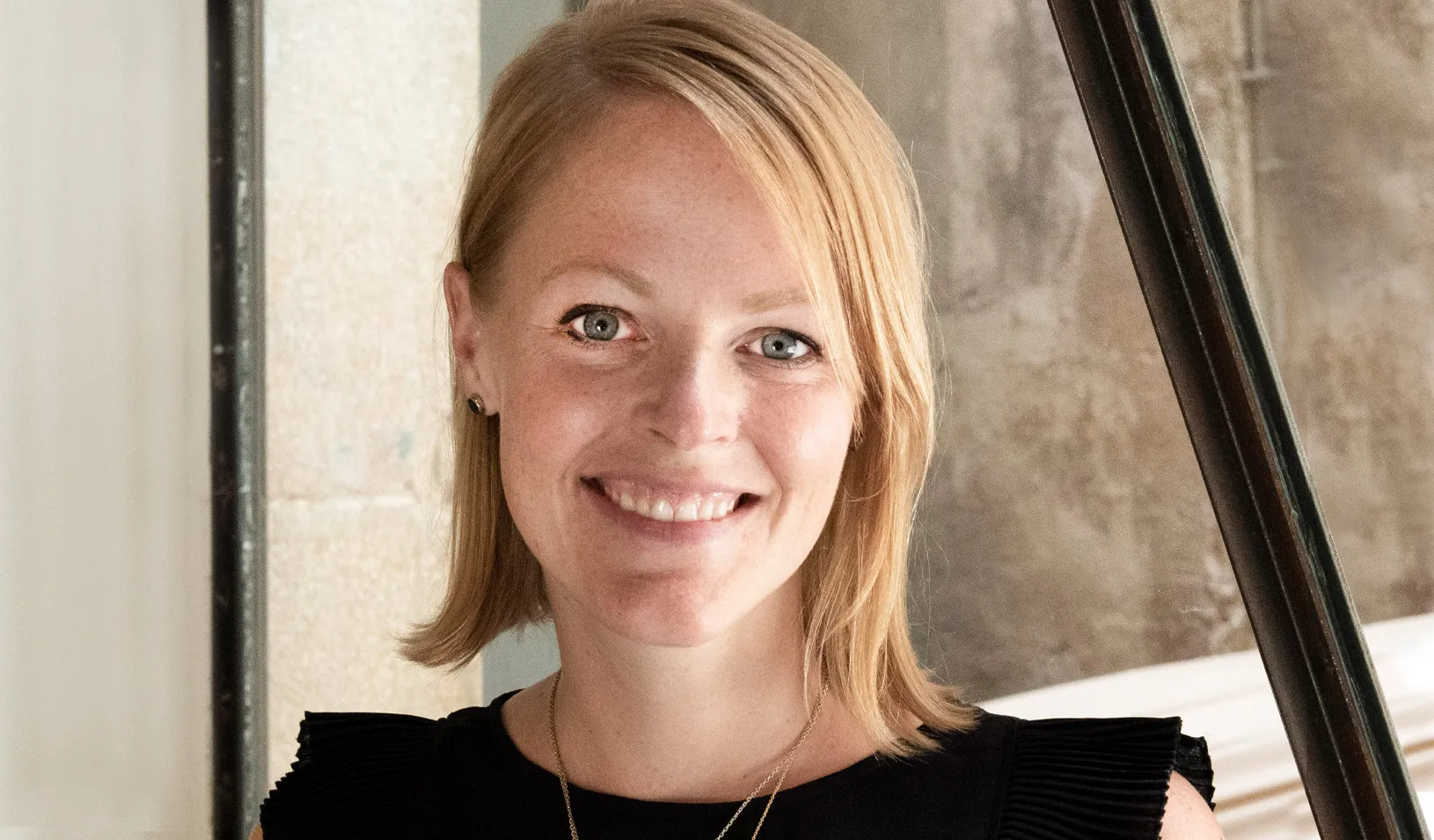Hard Lesson: When a Smart Conversation Is the Wrong Conversation
Andy Laats, MBA ’97, recalls Nixon’s dilemma: How to grow without bailing on its core partners
March 31, 2022

Nixon watches were designed to “stand up to gnarly environments.” Could they survive beyond the surf shop? | Ryan Field
My partner Chad DiNenna and I founded Nixon watches in 1997. Our goal was to create a premium product sold through surf, skateboard, and snowboard shops. We wanted to make watches that not only told time but also expressed your personal values and style, and that would stand up to gnarly environments. You could take it surfing, and it wouldn’t leak.
One of our fundamental beliefs was that we had to support the small hard-core retailers first and foremost. We said, “We have to be the best brand in our category in the surf shop on the corner. If it’s not working there, the whole thing crumbles.” The theory was: the stronger the roots, the bigger the trunk, the higher the tree.
And that worked. We grew steadily and ended up selling the company to Billabong in 2006. Ironically, they eventually decided that our product category wasn’t as core to the action-sports industry as their other brands, so they divested us. In 2012, we partnered with some private equity investors and bought Nixon back.
Hard Lesson
In this ongoing series from Stanford Business magazine, we ask Stanford GSB alumni to reflect on one of their biggest business failures and what they learned from it.
By this point, Nixon was in some of the better department stores, but not the second-tier stores where a lot of volume happens. Around 2013, our investors began to urge us to take the brand to these other big retailers, so we could really step on the accelerator and grow the brand.
Of course, we were worried how that might damage our reputation among the core retailers and customers, and it became the focus of much internal debate. I remember one of our investors saying, “Hey guys, you have to lose your virginity at some point.” And we were like, “Believe us, we want to have sex. We just want to make sure our reputation’s intact when the lights come on in the morning.”
But it was hard to argue against his point. If you’re in a total of 3,500 retail locations around the world and you can point to a handful of retailer chains that would add another 2,500 locations, you don’t need a Stanford MBA to do that math. You could see how the growth could really accelerate.
And so we were really wrapped into this conversation, because our strength had always been in the effectiveness of our brick-and-mortar presence in the coolest shops. We were very good at in-store visual merchandising and supporting retailers. But that strength turned into a blind spot, because while we were having that argument, we were barely thinking about online sales.
We had spent over 15 years developing relationships. It’s really tough to just say, “Hey, thanks for the last 15 years, but everybody’s buying online now, so we’re going to go over there.” We couldn’t just abandon our partners. But at the same time, new companies who focused exclusively on online sales and didn’t have those relationships were suddenly kicking our ass.
It took us a couple of years just to get our internal engine right, but eventually our DTC channel started showing positive growth and became a crucial part of our income stream. But that was years in the making, and we were definitely late to the party.
When I look back on it, I see that all of our arguments and concerns about expanding into department stores, and how that would hurt the brand, was wasted calories. It was a smart conversation, and I think we came up with the right answer for the conversation we were having. We were just having the wrong conversation.
— Told to Steve Hawk
For media inquiries, visit the Newsroom.
Explore More
Erin Nixon Joins Stanford GSB as Assistant Dean of Admissions

Nia Rose Froome, MBA ’23: Making Local, Fresh Food Available for All

New Research Fund Promotes Responsible Leadership for the Next Century
